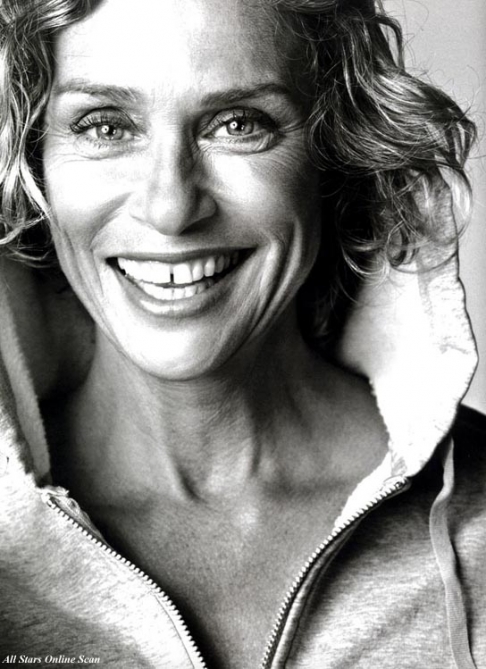It's been too long since I checked in with Les Blank. Not that he's missed me - we've never met - but I've missed him. Blank is a documentary filmmaker, probably best known by those who know him at all for Burden of Dreams, his record of the making of Fitzcarraldo by Werner Herzog. (That sounds so dull and innocuous, but it's a journey to the ragged edge of madness, as you can see from the clip below.)
There was a stretch of
years in my twenties when I leaned hard on Blank's example. What seems
at first glance ironic about his choice of Herzog as a subject is that,
while Herzog's aesthetic and philosophical bent is decidedly bleak,
Blank's is unabashedly celebratory. His two favorite subjects are music
and food - titles include Yum, Yum, Yum! and Garlic Is as Good as Ten Mothers. His first filmic record of Herzog was not The Burden of Dreams, but Werner Herzog Eats His Shoe,
the comic consequence of an imprudent bet Herzog had made with another
documentarian, Errol Morris. (Alice Waters, of Chez Panisse fame, kindly
braised the shoe in a garlicky stock for five hours before Herzog dug
in. He declined to eat the sole, noting that he would not be expected to
eat the bones of a chicken.)
However
ill-matched these two directors may superficially appear, they share an
invincible curiosity. Both men relish life: Blank for its unquenchable
joys, Herzog for its excruciating absurdities. They are wide-lens
visionaries, illuminating what is peripheral, neglected, obscure. Their
films continually generate small shocks of surprise and recognition,
also of gratitude: the world through their eyes is richer than I knew it
and stranger than I had the courage to admit.
If for no other film, Les Blank has a permanent home in my heart because he made Gap-Toothed Women,
a cinematic ode to my lisping sorority, from the Wife of Bath to Lauren
Hutton. I spent four years in braces - even had the muscle between my
front teeth surgically snipped when I was seventeen! My gap got smaller
but never surrendered, and Blank taught me to be glad of it. He
interviewed a couple dozen women for his film, most of them anonymous,
all of them vivid. But if memory serves, it was the underground comic
artist and sculptor Dori Seda who revealed the magic of the gap and let
me see my adolescent struggles by the light of her own. She said she'd
once hated & been violently embarrassed by the stubborn, suggestive
space between her teeth. She thought it made her ugly, feared she'd
never get a boyfriend (not a "nice" one, anyway), envied the pretty
girls to whom everything seemed to come easy. But if she had been
pretty, she now figured, she would never have been forced to grow
interesting (and strange and strong). She would never have become an
artist, would never have found true love. Her gap was her public flaw
and her secret power.
An
exaggeration, yes, a fable with a temporary happy ending. (Seda died
much too young of too much smoking and inhaling of ceramic dust.) But
there's truth in it - much the same truth as in Tom Waits' immortal line
"If I exorcise my devils, well, my angels may leave too."
What's the devil and the flaw and the power in you?
Forza!
Gretchen

